
Search
Pastoral communities are largely nomadic and depend on livestock for their livelihood. This means that access to pasture and water is crucial for the survival of these animals. In Kenya, ultra-poor, pastoral communities are primarily located in the Northern part of the country, an area classified as part of Kenya’s arid and semi-arid lands. Climate change has seen these areas become drier, resulting in adequate pasture and water becoming more scarce.
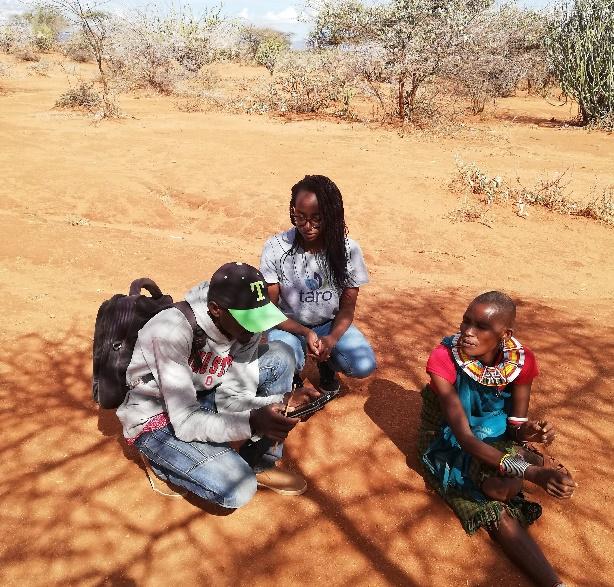
The men who manage these herds are forced to travel farther and for longer periods of time in search of pasture land for grazing, leaving behind their wives and children with no means of sustaining themselves. The BOMA Project implements a Rural Entrepreneur Access Project (REAP) to help the women in these communities create small businesses that generate income beyond that from livestock to provide the additional support their families need when drought or other challenges diminish their livestock income.
We recently visited the BOMA Project’s field operations in Kenya’s Samburu County to see how they implement REAP using TaroWorks’ mobile field service app to help manage these remote operations. REAP is a 2-year graduation program, during which ultra-poor (Definition) female participants are expected to start a business and join a savings group. BOMA applies a series of interventions during the program (like skills coaching and access to healthcare) to help these women succeed in business and, ultimately, graduate out of poverty. BOMA uses TaroWorks’ offline CRM, the Salesforce cloud database and M&E tools created by Vera Solutions to monitor program performance and poverty alleviation .

“Managing a graduation program means being able to track many different types of data points over time,” explains Elaine Chang, TaroWorks’ Director of Market Development and Customer Success. “Technology has the power to help these organizations with their data and multiple phases, from targeting ultra-poor participants for placement in savings groups, assessing when participants have reached certain milestones and to track progress over time.” (Read: “Poverty Alleviation Using Graduation Programs and Technology”)
REAP participants are selected through a series of steps and questions that help identify the poorest women in the region. In the first step, field officers use a survey form created for the TaroWorks mobile app to meet with women in the region and ask them several questions, each of which is scored from 1 to 7. These questions are based on the community’s definitions of wealth and poverty. Some questions include employment status of members of the household, livestock owned and any current businesses operated.
The survey’s purpose is to determine household wealth and identify the ultra-poor women within a certain geographical area. The final score determines which women will be nominated for the program. Those that are nominated are visited again and asked another series of scored questions, after which those below a certain maximum score (50 or 60 depending on the cohort) are qualified to participate in the graduation program process. The scoring process is automated in Salesforce.
To ensure that there is always someone to run the new businesses these women create and to add some level of accountability, BOMA creates business groups typically consisting of three women, though some women run single-person operations.
One such woman we met is Rumpeli Lengojie. Rumpeli is an orphan who had to drop out of school in Kenya in Class 8. With BOMA’s support, Rumpeli has been able to start two businesses: a butchery, which is her primary source of income, and a general store.
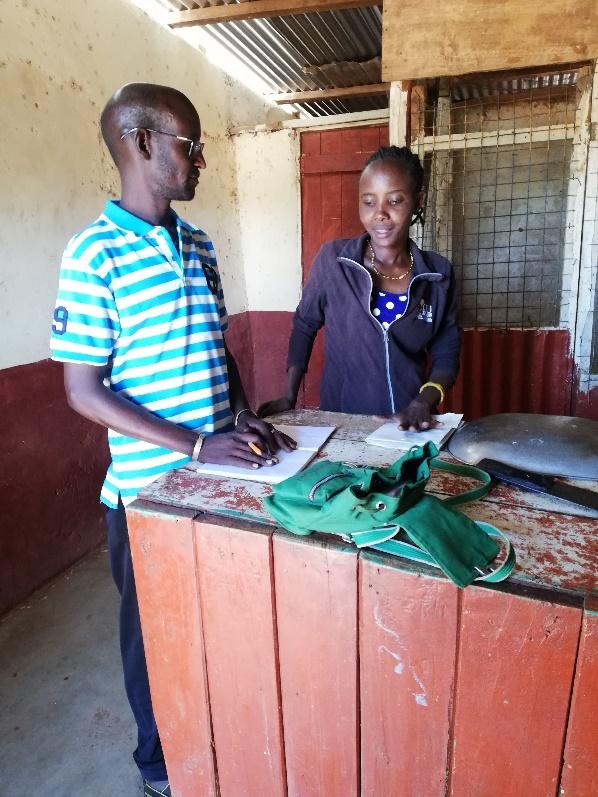
During our field visit, BOMA mentor Jacob Tiberio took us through a business group check-in, conducted periodically to ensure the business continues to be profitable. Rumpeli explained that she buys a goat once a week on Tuesdays and described how she breaks it down before sale (meat, skin, hoofs, organs etc), creates supplementaries she is then able to sell (soup from boiled body parts), and finally how much profit she makes from each goat.
Jacob is able to compare these numbers to those from his previous visit by looking at the earlier visit records, which appear pre-populated in the TaroWorks app. Having these two data sets allows Jacob to advise Rumpeli on her progress over time.
Once the calculations are done, the information is entered into TaroWorks, synced to the Salesforce cloud database, compiled automatically into a six month progress report and visualized in graphic form. Those program participants who are doing well get a progress grant of KES 10,000 (approximately $100) and then form a savings group with other business owners.
Finally, one thing that struck us about how the mentors are using technology to assist the ultra-poor is that – not only are they helping with day-to-day efficiencies, but technology is helping create an organizational culture within BOMA Project. Having mobile and cloud technology as an integral part of their operations management and monitoring and evaluation efforts has given the BOMA team a sense of accomplishment, said Samiti Leiroya, Regional Manager Samburu.
“We are proud to be able to call ourselves a data-driven organization,” Samburu said
White Paper: Enabling BOMA Project to Graduate Women and Children Out of Poverty
Case Study: The BOMA Project
Field Visit Photo Gallery
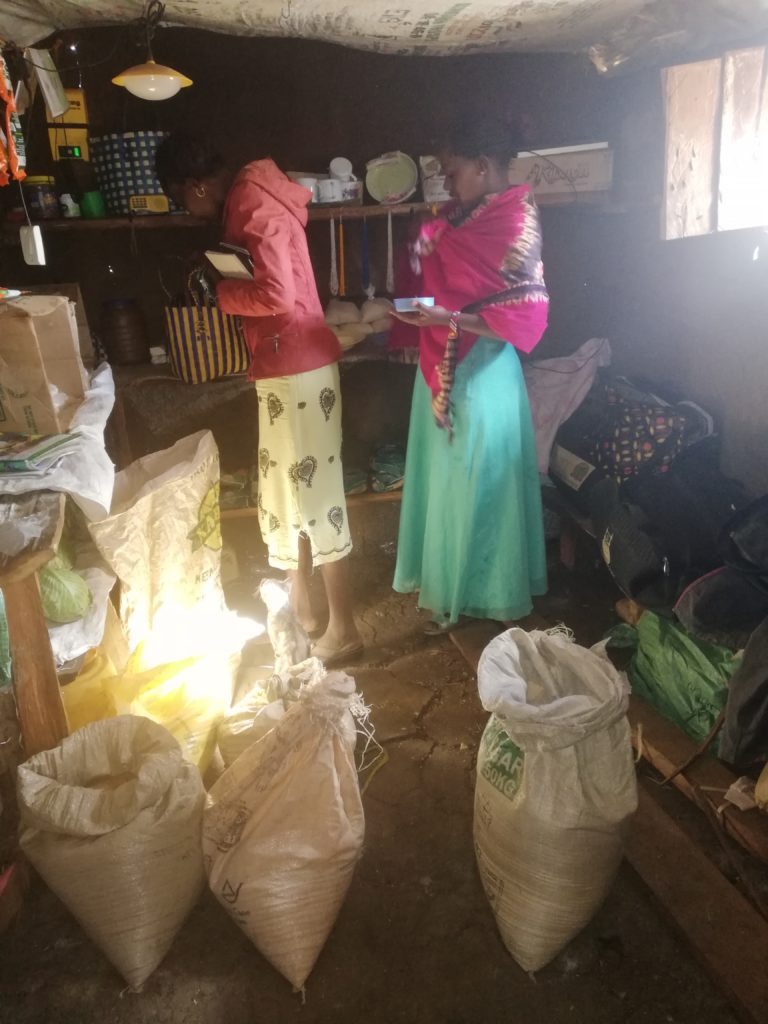

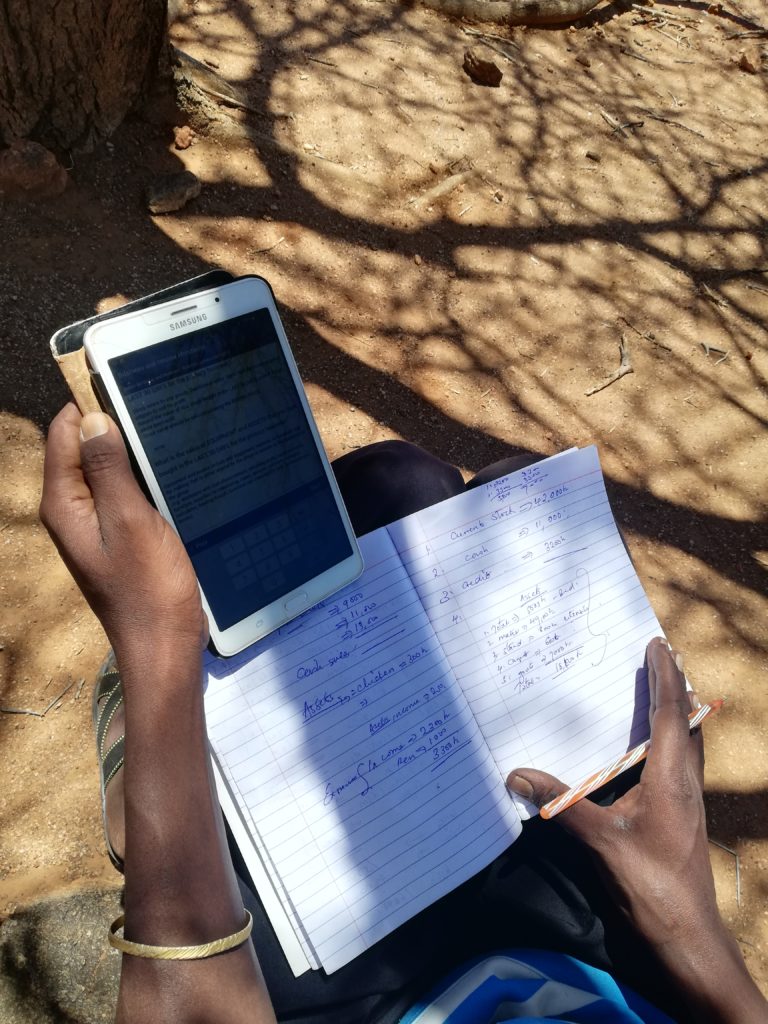
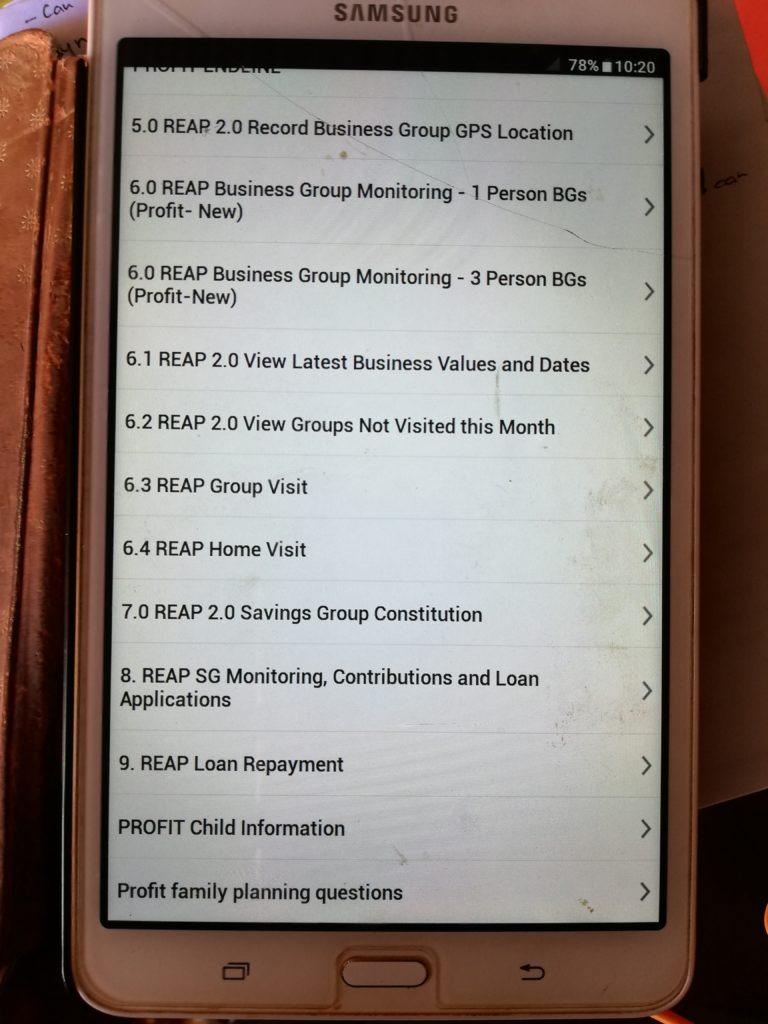
POST TOPICS
Sign up to receive emails with TaroWorks news, industry trends and best practices.
TaroWorks, a Grameen Foundation company.
Site by V+V